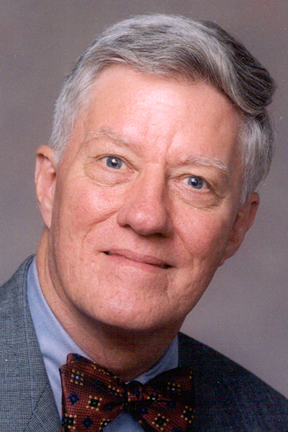 State Rep. Talbot “Sandy” D’Alemberte abandoned the idea of running for governor of Florida forty years ago this week. Regarded as one of the most liberal members of the Florida legislature, the 37-year-old Miami lawyer had seriously considered bolting his party in 1970 to run for governor as an independent.
State Rep. Talbot “Sandy” D’Alemberte abandoned the idea of running for governor of Florida forty years ago this week. Regarded as one of the most liberal members of the Florida legislature, the 37-year-old Miami lawyer had seriously considered bolting his party in 1970 to run for governor as an independent.
D’Alemberte, a peace activist and veteran of Bobby Kennedy‘s 1968 presidential campaign, acknowledged that he was frustrated by his party’s candidates for governor that year — a field that included such luminaries as State Sen. Reubin Askew of Pensacola, Attorney General Earl Faircloth, Dade County Mayor Chuck Hall and Senate President John Mathews of Jacksonville.
The Miami lawmaker asked State Rep. John R. Middlemas of Panama City, the leading conservationist in the Democratic-controlled legislature, to be his running mate for lieutenant governor. Middlemas told reporters that he was seriously considering the idea, but hadn’t yet made up his mind when D‘Alemberte decided not to run.
D’Alemberte, who chaired George McGovern’s presidential campaign in the Sunshine State during the 1972 Nixon landslide, would have been required to obtain 82,900 valid signatures on nominating petitions by the state’s August 4 filing deadline to appear on the November ballot.
Legislation, sponsored by D’Alemberte, allowing independent candidates to run for statewide office was sitting on Republican Gov. Claude R. Kirk’s desk while the Miami Democrat was pondering his possible independent candidacy.
D’Alemberte’s bill came in response to a Florida Supreme Court ruling earlier that year declaring the state’s total lack of procedures for independent candidates unconstitutional.
The legislation adopted by the Florida legislature provided for a petition requirement equal to 3 percent of the number of registered voters for minor parties and 5 percent for independent candidates — a discrepancy D’Alemberte described as “purely a clerical error.” Maintaining that the legislature had intended the same 3 percent requirement for both types of candidates, the liberal lawmaker said he was confident the courts would strike down the inconsistency and make it 3 percent for all statewide candidates.
In pulling out of the race on July 6, D’Alemberte said that he was convinced that he would have successfully qualified for the ballot as an independent candidate for governor.
He also believed he could have raised enough money to mount a credible campaign in the general election, but probably would have ended up inadvertently helping the very people he was trying to defeat. An independent candidacy, he acknowledged, would have virtually guaranteed a victory by Gov. Kirk, or another Republican.
“The biggest thing, I guess, was the fear I would wind up after getting on the ballot helping the worst sort of people by splitting votes,” he said.
D’Alemberte, who supported Reubin Askew against Kirk in the November election — a contest the Pensacola Democrat won in a laugher — later served as president of the American Bar Association and as president of Florida State University from 1993 to 2003.
At 77, the former Dean of the Florida State University College of Law continues to practice law in Tallahassee and was instrumental in the creation of the Florida Innocence Commission earlier this month, a 23-member panel that will study issues dealing with wrongful convictions.



Follow Us